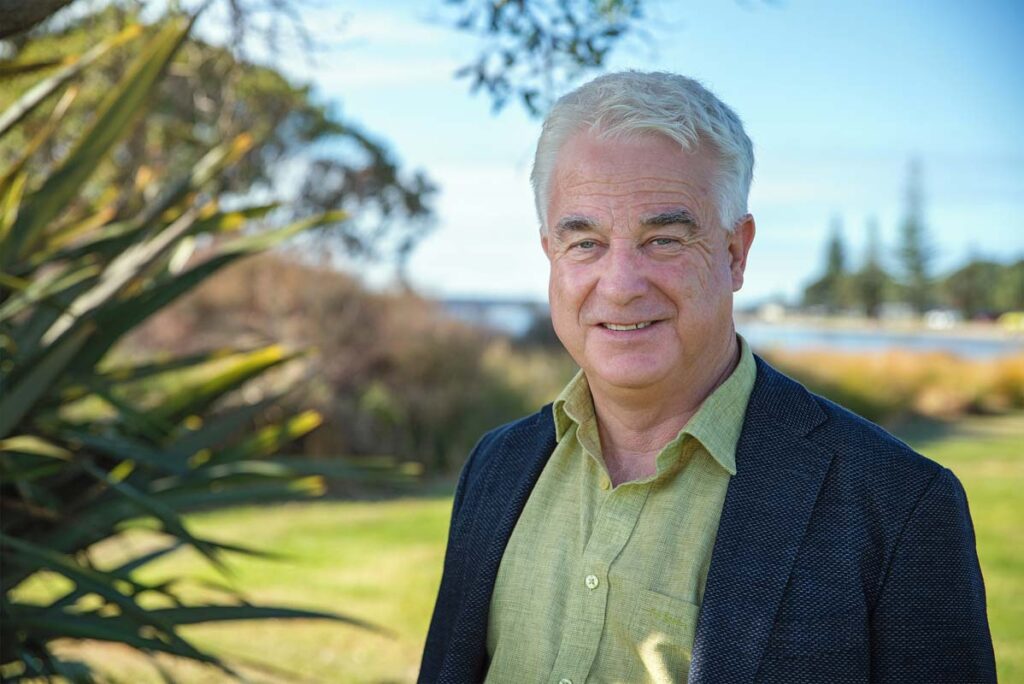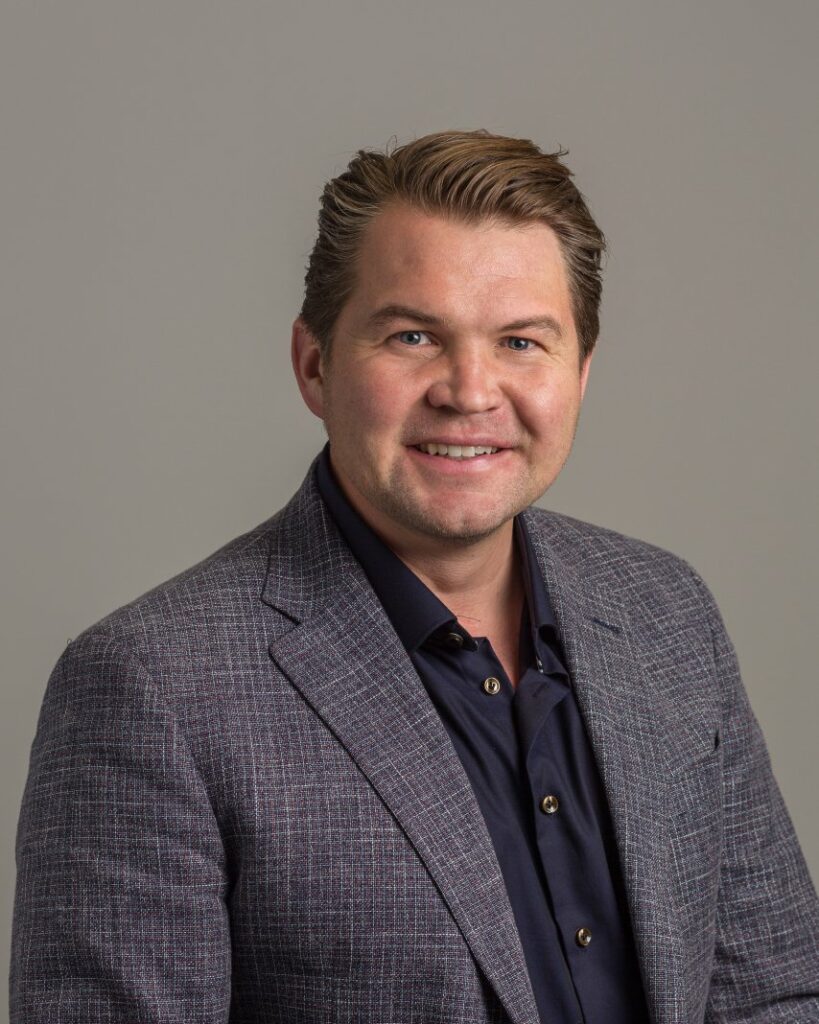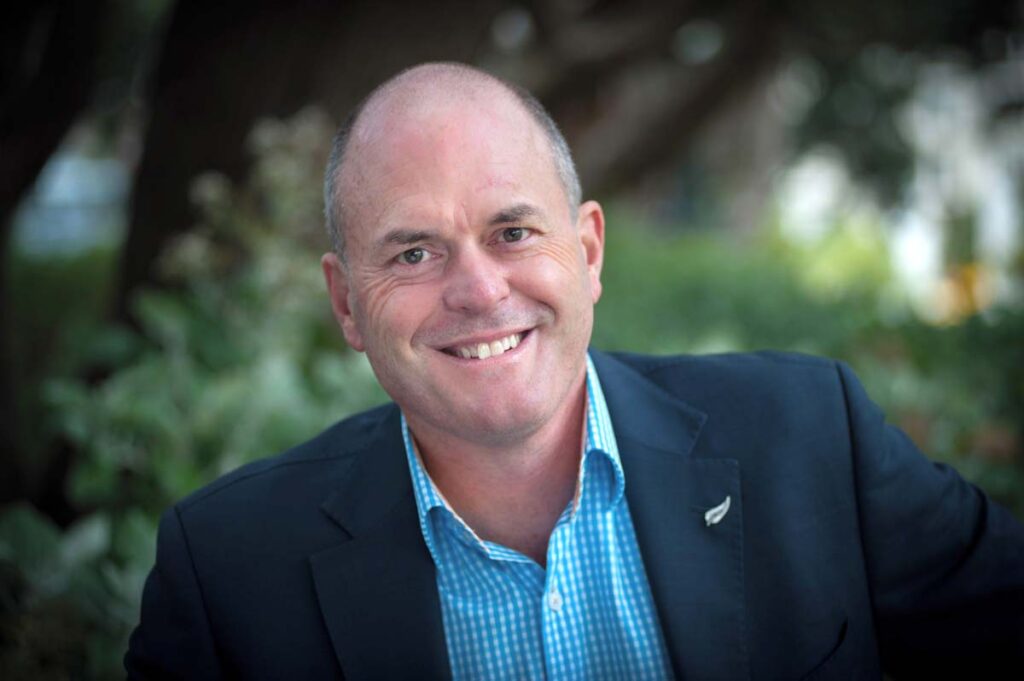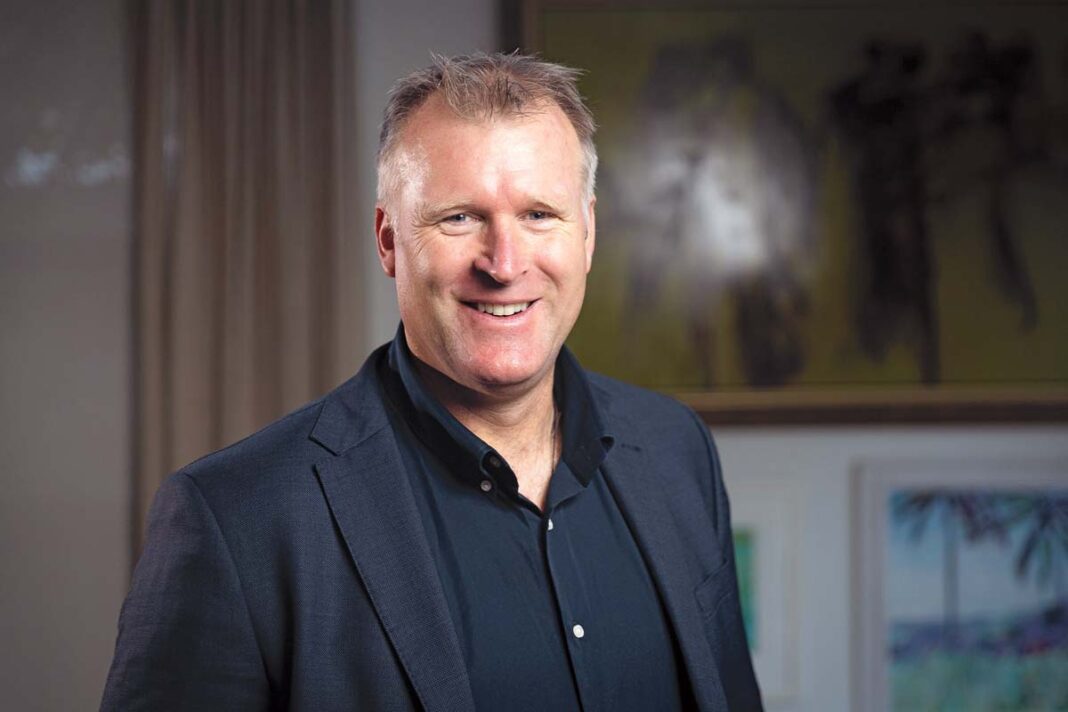Former Olympic double gold medallist rower, and now business adviser, Mahé Drysdale, recently cruised to an easy win as mayor in Tauranga’s first democratic elections in four years.
He took the top spot with 16,606 votes, with a former mayor Greg Brownless runner up with 10,510 votes. They were followed by Ria Hall on 9,077 votes and Tina Salisbury with 7,388.
Former longtime New Zealand Avocado head Jen Scoular was the only female elected to the council. She reportedly said she was thrilled, but wanted to better understand why more of the available qualified women were not elected.
Time for change
“I think what people wanted was change; they just wanted local body to work in a different way,” Drysdale told the Bay of Plenty Business News.
“We’re going to be positive and work as a team and we’re going to engage with the community and start delivering for the community,” he said.
“That’s very much what I hope we can do.”
Drysdale noted the disunity and infighting that precipitated the sacking of the ousted council.
The dismissal of the previous council was announced by the then-minister of local government for the now defeated Labour government in December 2020. The Commission took up its role in early-February 2021 and was reappointed in 2022 for a further term, until July 2024. It ended with the new elections.
The turnout for the 2024 election saw 38.7 percent of potential voters participating, according to a council spokesman Ross Boreham. By contrast, the previous electoral vote tally percentage in 2019 was 40.3 percent.
How democracy works

“The result didn’t favour me, but it’s democracy and that’s fine,” Brownless told the Bay of Plenty Business News.
“[Mahé] resonated with people. They’ve got someone young and fresh.”
Brownless, who was equivocal prior to the elections as to whether or not to stand, said what finally triggered his decision was his annoyance with the commissioners and some of their actions.
These included commission attempts to, as Brownless saw it, ‘unrealistically’ propose hiking community facility usage rates, and also to propose subsidising the development of the central business area without first securing government financial support.
“We’ve got to have somebody with a bit of business sense,” he said, noting that Drysdale is a trained accountant.
Brownless was especially critical of the commissioners being able to make decisions with little of the normal democratic feedback and input of the electorate, which elected councils are obliged to observe.
“Commissions don’t have anything near the checks and balances a council has,” said Brownless. “They faced no repercussions from the community that would be worth anything.”
Brownless said he felt the new council would face issues grappling with problems over the funding of the new CBD.
Future focused
Drysdale told the Bay of Plenty Business News that he was future-focused, but had done work in examining what the issues have been in the past.
“I think that’s really important as you don’t want to make the same mistakes twice,” he said.
“They [the electorate] don’t want to see us fighting,” he said.
“They just want to see us delivering for the betterment of the city. I agree we should be debating the issues, but we need to make the decision on what is the best way forward, and back the decisions we make as long as it’s for the betterment of the city.
“Once we’ve made a decision we’ll move on and not litigate it. That’s very much what I’d be advocating for.”

Matt Cowley, chief executive of the Tauranga Business Chamber, told the Bay of Plenty Business News he felt that Drysdale was a moderate and had good support across the community.
“There may be a tendency for some [new] members to focus on addressing their own local issues,” said Cowley, noting that in general the bar was relatively low economically for most candidates to stand.
“It will take a bit of time for [some of] them to build up relationships across the community,” he said.
He pointed out that the commissioners had decided every council needed to go through a consultation process before the next election. But Cowley also noted that some of the new wards established under the former commission’s rule were not able to benefit from existing ratepayer or business associations to hold meetings and make their cases for election.
“The commissioners made their [wards] decision and it was rubber-stamped. We definitely need a good debrief on whether the new ward is the right one and what is needed.”
Cowley noted that it could take some new councillors time to build up relationships across the community. And he added that he thought there was an opportunity in elections to come, to create a more in-depth, genuine debate involving candidates and electors.
Ask questions first
Todd Muller, the current chairman of Priority One, the region’s economic development organisation, served as a National MP in Tauranga for many years before resigning and taking up his new role.

“From my own experience I found it useful to ask a lot of questions and get a sense of the challenges before I push forward,” said Muller.
He added that all the new council will be aware of the situation they are in. Central government, noted Muller, whether you were in government or in opposition, was much different to a council.
“I would hope the council look to areas that unite them, rather than those that will divide them.”




